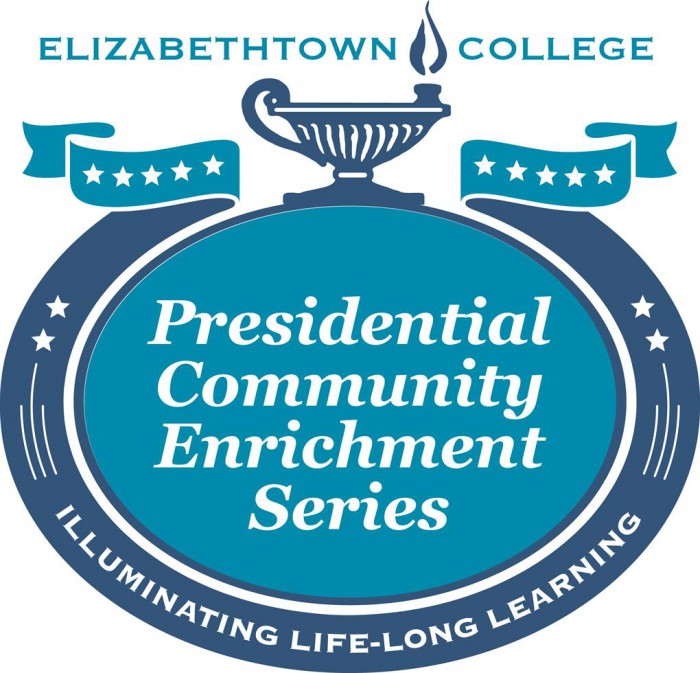 With this year’s election well underway and many Americans still divided between two parties, two Elizabethtown College professors hope to shed some light on the candidates as they talk about the election. “Apocalypse Now: Presidential Politics 2016,” the Presidential Community Enrichment Series lecture with Kyle Kopko and Fletcher McClellan takes place at noon Tuesday, Oct 18, in the College’s Susquehanna Room. Kopko is associate professor of political science and director of the pre-law program, and McClellan is professor of political science.
With this year’s election well underway and many Americans still divided between two parties, two Elizabethtown College professors hope to shed some light on the candidates as they talk about the election. “Apocalypse Now: Presidential Politics 2016,” the Presidential Community Enrichment Series lecture with Kyle Kopko and Fletcher McClellan takes place at noon Tuesday, Oct 18, in the College’s Susquehanna Room. Kopko is associate professor of political science and director of the pre-law program, and McClellan is professor of political science.
The enrichment series was initiated a few years ago by Elizabethtown College’s President Carl Strikwerda. It was designed to help educate members of the campus community in a scholarly environment. This particular event exists to enlighten the campus community about the election and the health of the American democracy.
Both major party candidates have historically high unfavorable ratings, and the campaign rhetoric has become toxic at times.”
Though he is not convinced this is the country’s most important election, McClellan said in an interview that “there are certainly a lot of problems with the economic recovery going slowly and unevenly, and there is division in our country. In the weeks following the first presidential debate, many across the country and the campus still seem unsure as to which way the election will go. One thing present throughout the E-town campus is the interest in both candidates. “I think…the political clubs on campus have had good attendance for debates and meetings. Candidates are talking more about college students,” McClellan said. “I don’t think students, here, really differ much on what is going on in the larger community.”
Because of this uncertainty, the intention of the lecture is to shed light on the areas behind each candidate’s campaign, answer questions on the topic and give a prediction on what is to come. “There’s a lot of disappointment on both sides of the political aisle in 2016,” Kopko said in an email interview. “Both major party candidates have historically high unfavorable ratings, and the campaign rhetoric has become toxic at times.”
So what does this mean for the public intently following the coverage of this election? McClellan seems to think the coverage is not playing a major role in the division of ideas. “The media has covered this election just like it has any other race. Regrettably, not as much front line coverage in what the candidates have for moving the country forward,” he said. So far, news platforms and social media have been focusing on the issues of tax returns, emails, comments on gender and race and health. “Those candidates should be held accountable for these things, but in terms of policies, the coverage has not been all that responsible.”
Looking forward to the remaining presidential and vice presidential debates, McClellan and Kopko said they will base their discussion on the political mood of the country and will present their findings and decisions on what the outcome might be. “I hope (attendees) will come away feeling that they are better informed on the presidential election, its historic significance and where this might lead in the next four to eight years,” Kopko said.
As the debates wind down, McClellan thinks “voters can get a good picture of who the candidates are, where they stand.”

